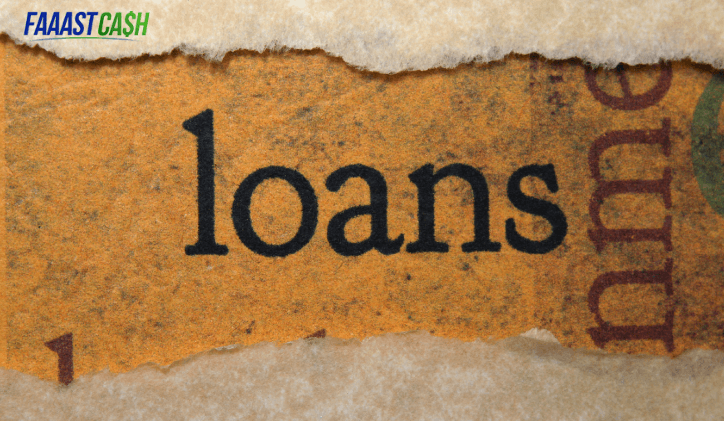Tackling Debt: Prioritizing Bills for Effective Repayment

An important step in debt repayment plan is deciding on which bills you should pay first. You need to create a solid plan to prioritize your debts so that you can manage your funds efficiently. With the right payment plan in place, you can easily pay off your debts.
The following will help you know what bills you should pay first when paying off your debts:
Food and Housing
It is essential that you have proper living conditions, so you need to pay your rent and mortgage payments and buy enough food. If you do not pay your rent on time, your landlord can evict you. Falling behind mortgage payments can result in foreclosure. You also need enough food to stay healthy.
Utilities
Phone, power, gas, and water are important, so you must pay these bills to avoid any interruptions in these services. Many utility companies provide payment plans where you can pay the same amount every month so that you can budget accordingly.
Car Loans and Insurance
Paying your car loans on time will help you retain your car. Even if you miss one payment, your loan lender will repossess your car. You should pay your insurance on time so that your driver’s license is not suspended if you are in an accident.
Child Support
You should continue making a partial payment each month for your child support. Otherwise, your driving license may be suspended. You can contact a lawyer or DCS to modify the amount which you are currently paying.
Student Loan Debt
You must pay your student loan debts on time. There are repayment plans based on your household size and current income. Failing to pay student loan debts can result in garnishing of your Social Security benefits, wages, or federal income tax refund. Repayment options vary for private student loans and federal student loans.
IRS Debts
You should pay the IRS debts depending on your income. You can pay IRS debts either in a lump sum or short-term payment plan. The IRS might put your IRS debts on hold, or some IRS debts can be discharged in bankruptcy.
Hospital and Medical Bills
If you went to the ER room or admitted to a hospital, you are eligible for Charity Care to settle your hospital bills. Charity Care helps you either pay full or a partial bill if your income is low. If Charity Care does not cover your hospital bills or you have other dental or medical bills to pay off, a Chapter 7 bankruptcy may help you get rid of these bills. Chapter 7 bankruptcy can be filed only once every 8 years.
Credit Cards
Upon paying all these bills, if you have some money left, you can pay off your credit card bills. If you do not pay your credit card bills, the credit card company or collection agency can only file a lawsuit against you. You can discharge these bills through a Chapter 7 bankruptcy.
If you do not have enough money to pay these bills, you can consider taking a payday loan, which will help you solve your financial emergencies.


